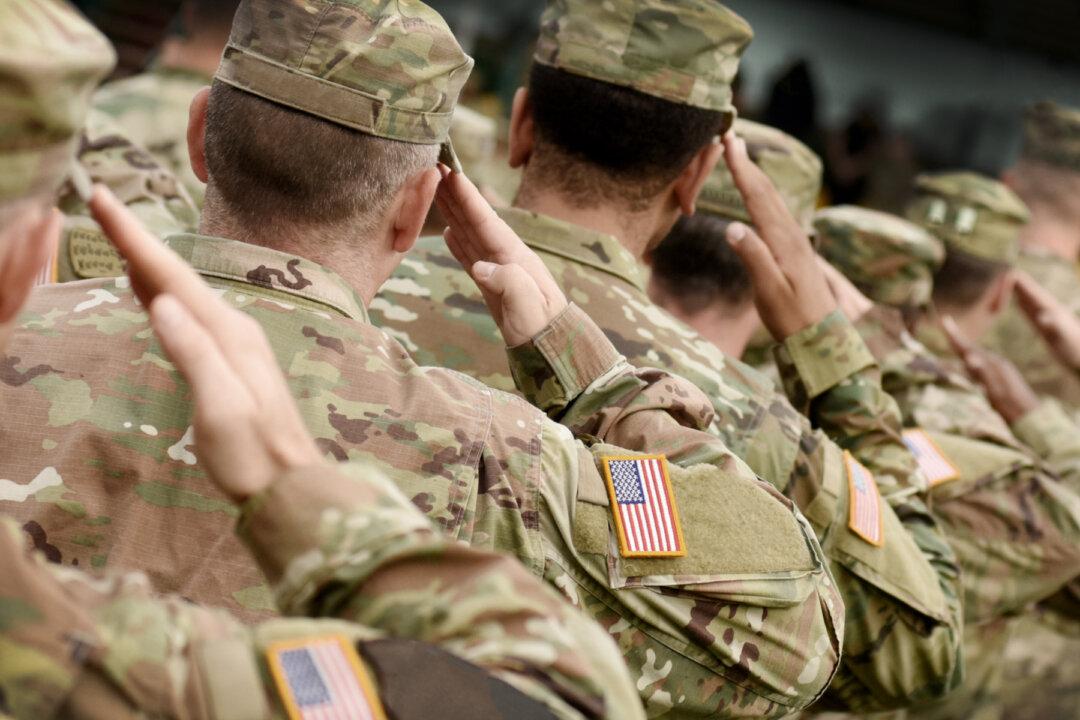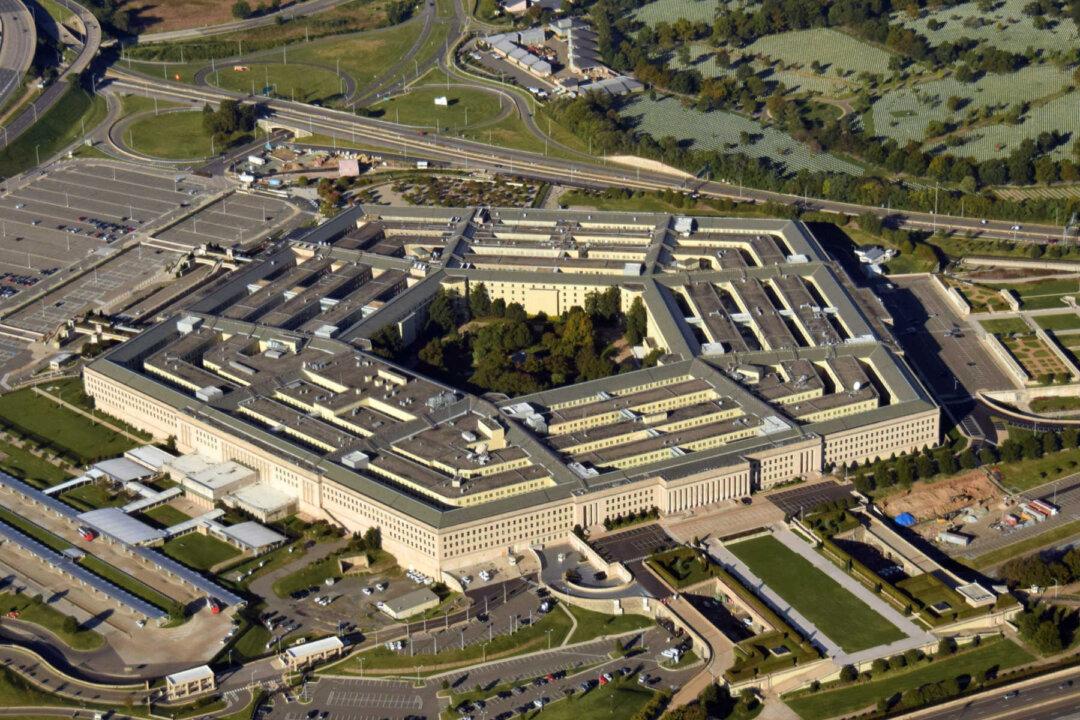Commentary
The U.S. proxy war with Russia over Ukraine is on the verge of getting costlier, maybe in more ways than one. Since the start of Russia’s invasion this past February, Washington has appropriated tens of billions of dollars to aid Kyiv, mostly for military training, advanced ordnance, and intelligence assets supporting Ukrainian operations.
The spigots are far from closing. President Biden has asked Congress for another $800 million, this time for advanced surface-to-air missiles. On top of this, Washington has moved 100,000 troops to defend NATO’s eastern frontier, and Congress wants to send more.Western arms, and not just Ukrainian resolve, have cost the Russians dearly in casualties and prestige, and every new military delivery risks a reprisal. By upping the ante, the Biden administration and its supporters are gambling that Russia either is too weak or too wary to fight back against the West.


